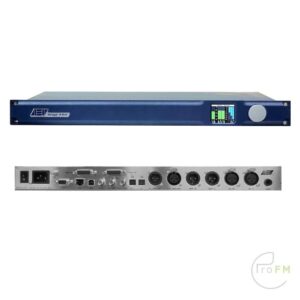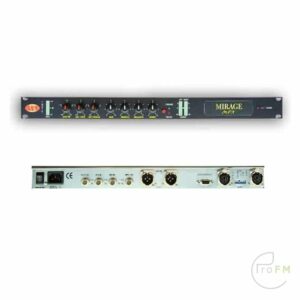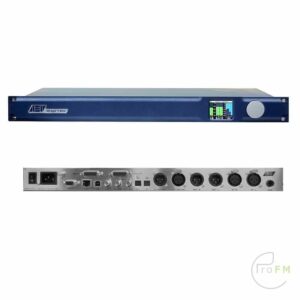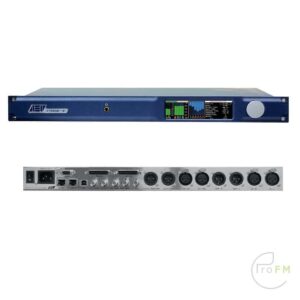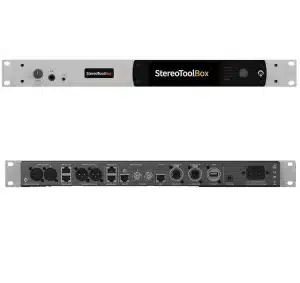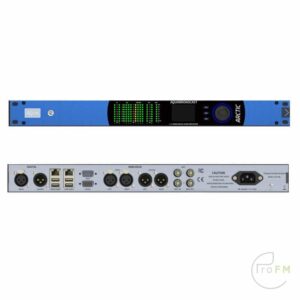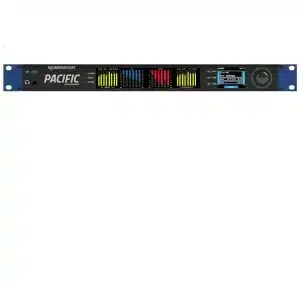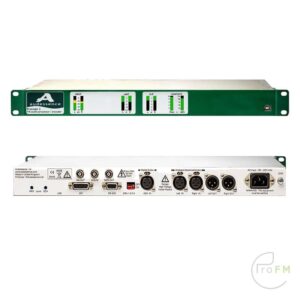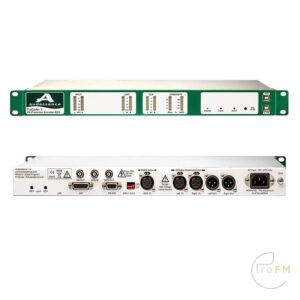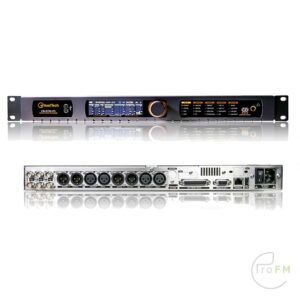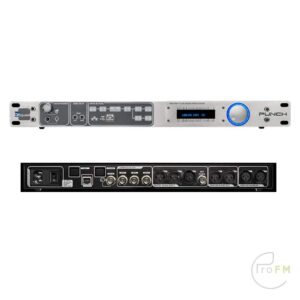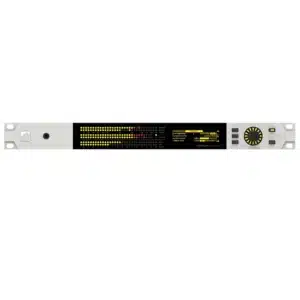FM Audio Processing
 At its core, FM audio processing involves modulating the frequency of a carrier signal with the amplitude of an input signal.
At its core, FM audio processing involves modulating the frequency of a carrier signal with the amplitude of an input signal.
FM processing plays a crucial role in delivering clear and consistent audio to listeners. Through techniques such as pre-emphasis and limiting, engineers can optimize the signal-to-noise ratio.
And with that maximize the perceived loudness of broadcasts.
The careful application of FM processing ensures that music and speech sound vibrant and intelligible across a wide range of listening environments.
FM stations utilize this to optimize and enhance the audio signal before it is transmitted over the airwaves. There are several reasons why FM stations require audio processing:
- Improved Sound Quality: FM audio processing helps to enhance the overall sound quality of the broadcast signal. It ensures that the audio is clear, crisp, and free from distortions, resulting in a better listening experience for the audience.
- Loudness Normalization: Audio processing helps to normalize the loudness levels of the audio signal, ensuring consistent volume levels across different programs and content. This prevents sudden volume fluctuations that can be jarring for listeners.
- Dynamic Range Compression: processing includes dynamic range compression, which helps to reduce the difference between the loudest and quietest parts of the audio signal. This ensures that all parts of the audio are audible, even in noisy environments or when listening at lower volumes.
- Frequency Response Equalization: Audio processing may involve equalization to adjust the frequency response of the audio signal. This helps to compensate for variations in the transmission and reception of different frequencies, ensuring that the audio sounds balanced and natural.
Overall, FM audio processing is essential for ensuring that FM stations deliver high-quality audio that is consistent, clear, and enjoyable for listeners. It helps to optimize the audio signal for transmission over the airwaves, resulting in a more satisfying listening experience and keeps you withing the legal limits of your licence.
Showing 1–12 of 30 results

